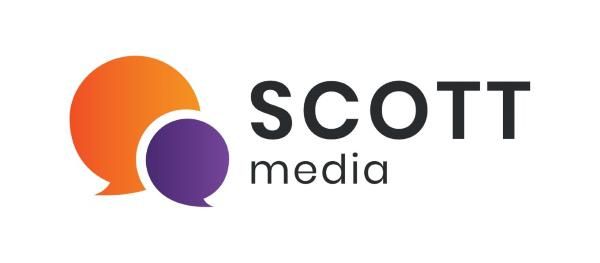Nutritionist Writes Her First Book for Those Living with Food Allergies and Intolerance
Wiltshire nutritionist Helen Adams couldn’t find a suitable book to help her clients suffering from food allergy and intolerance – so she’s written it herself.
Helen, who runs Oakmead Clinic in Chippenham, has published “I Don’t Know What To Eat? – the definitive guide to food allergies, intolerance and sensitivities”.
Helen said: “I wrote the book because I like to recommend more resources for my clients to help them develop good eating habits and I just couldn’t find something suitable.
“There are so many myths around foods, allergies and intolerances and I wanted to shed some light on various things which I’ve come across during my time as a nutritionist. One of the big ones is people can take food tests and it comes up with as many as 40 foods where there is a reaction – so they cut out all of those foods. It’s not healthy to exclude that number of foods from your diet in one go.
“Often people don’t take the time to heal their gut so problems keep on recurring. The book shares information to help with making better choices.
“My top tip if you have that kind of test is to cut out the two main culprits – wheat and dairy – exclude them first. Increase your vegetables – remember ten vegetable portions and two fruit are ideal.”
Allergies to food are serious and potentially life threatening and many who suffer will carry an anti-allergy pen to use at a moment’s notice. The most well known are allergies to nuts or shellfish. However food intolerance is very different and it can take up to three days for a reaction to occur – often it will not be obvious that food is causing a problem. Helen’s book has tools to help readers monitor their food intake.
Helen said: “How many of us can remember what we ate three days ago instantly? We have to really think about it. The tracker helps you start to make links between symptoms such as headaches, bloating or constipation with particular foods. It also helps if you are re-introducing foods so you can start to see connections between foods and symptoms.”
Helen does not shy away from controversial issues in her first book.
“Many GPs say food intolerances don’t exist,” she said. “I’m telling you they do.
“I also talk a lot about milk. I drink very little milk in my own diet because I don’t think it’s good for you. In normal every day milk there is a chemical with is an opioid – it works on your brain. People can get a craving for milk, so it’s addictive.
“If you buy A2 milk that comes from a particular type of cow which doesn’t produce that chemical – it’s not addictive. You can sometimes find the milk in supermarkets but it’s not mainstream. In the book I talk about my frank views on milk and dairy.”
The book starts with Helen’s personal story around her career in nutrition – and what ultimately led to her re-training to become one herself.
“I’ve had 11 surgical operations and had very busy corporate job involving international travel managing teams around the world. I then had a family and my first child had food issues since birth.
“Aged ten, Tom had chronic fatique syndrome and nothing seemed to help. He was off sugar, gluten, yeast and dairy and there was no ‘free-from’ aisle at that time. It was very distressing for us all. Imagine as a mother thinking every day “how am I going to feed this child, I know he’s sick and ill, I’m denying him foods the rest of us are eating and I don’t know what to do?”.
Helen eventually met a nutritionist who suggested eating red peppers might be helpful for Tom and they quickly became his superfood.
“Things started to change. As Tom’s body began to heal, many other problems just drifted away. Today he eats anything except gluten and he still eats red peppers. He’s now at university, plays table tennis, has normal energy levels and all because of red peppers and finding out how food can help. Food is medicine.”
Helen’s book can be ordered via Helen’s website. Anyone interested in talking to Helen about possible food intolerance or sensitivity can book a 30-minute free discovery consultation– www.oakmeadclinic.co.uk or email [email protected]






















